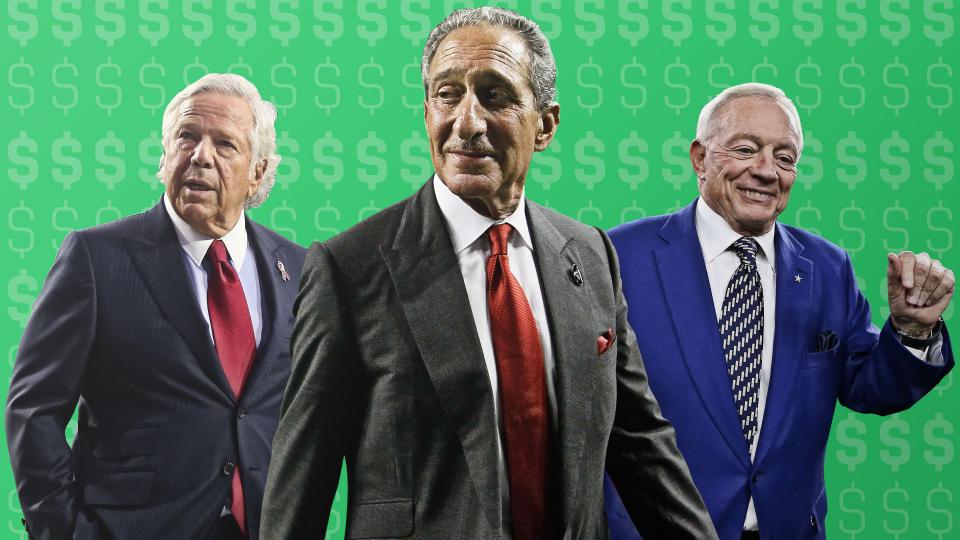An Old Rule That Could Complicate NFL Contract Negotiations
Deshaun Watson’s contract created quite a stir in the NFL. Not only was it eye-opening in that the 5-year, $230M contract was fully guaranteed, it also became a benchmark for player agents and it will certainly influence contractual talks between the Ravens and Lamar Jackson. But that aside, the deal also stirred up some things on a couple other fronts.
Back during the league’s dark ages when the league wasn’t the cash cow it is today and before TV revenues became the lifeblood of the NFL, owners who agreed to guarantee a portion of a player’s contract over time, had to escrow the future guaranteed amount just to be certain that the money was available for the player per the terms of the deal. This is often referred to as “the funding rule”.
Now this funding rule took place during a time when some teams didn’t bask in the glow of financial wherewithal that today’s owners enjoy. Yet the league has done nothing to change the funding rule. That’s why Browns owner Jimmy Haslam will have to deposit $169 million into an escrow account by March 31, 2023. This substantial deposit represents Deshaun Watson’s future guaranteed money.
Perhaps Haslam’s cash flow is flush enough to support the $169M dump into escrow. Perhaps other owners in the league could do the same. But maybe there are some who can’t. Maybe their money is tied up in investments that don’t have great liquidity, particularly in today’s rather volatile securities markets.
Now interestingly enough, this funding rule is not part of the NFL’s collective bargaining agreement. The owners could vote to abolish the funding rule and remove this financial obstacle. So why don’t they?
Some in league circles believe that the owners want to keep the funding rule in play as a bargaining chip. They could use the rule as leverage against player agents seeking to maximize a client’s guaranteed money. So for example, let’s consider the Cincinnati Bengals and owner Mike Brown. We all know that Joe Burrow is going to land a top of the market deal someday. Burrow and his handlers will be asking for guaranteed money well beyond Watson’s deal. Brown could counter by saying that they aren’t a big market team that has the kind of cash flow to support a fully guaranteed deal and oh by the way, we have your LSU teammate Ja’Marr Chase to consider as well. Oh and there’s always the franchise tag.

You can see how this could all play out, right?
So maybe the owners like having this obsolete gadget called the funding rule to lean on.
Another more concerning development might also rise from the ashes of this smoldering funding rule that could mildly disrupt the competitive balance afforded by the salary cap.
The league is flush with billionaires. But they aren’t all the same shapes and sizes. Some are uber-rich and they can absorb the blow of fully guaranteed deals and the corresponding escrow deposits demanded by the funding rule. So in a bidding war for the services of a coveted player, who is more likely to get the player if guaranteed money is an issue, Mike Brown or Jerry Jones?
That Watson deal opened up a can of worms on more than one level. And now the owners might have to put the lid back on that can and treat the Watson contract as an outlier – an aberration that was the byproduct of a desperate team (the Browns) behaving in desperate ways.
Otherwise this funding rule, born during an age when fans watched black and white TV’s with rabbit ears and actually had to get out of their chairs to change the channel, could alter the competitive balance that makes the NFL what it is today.










